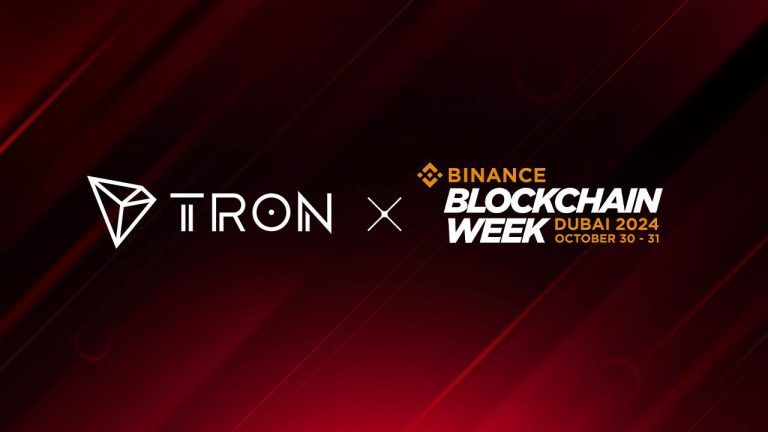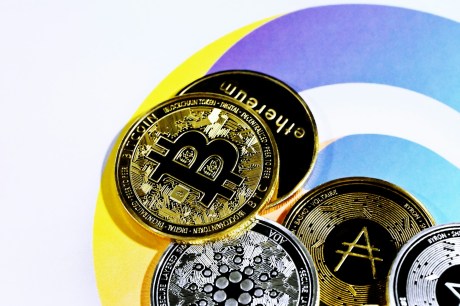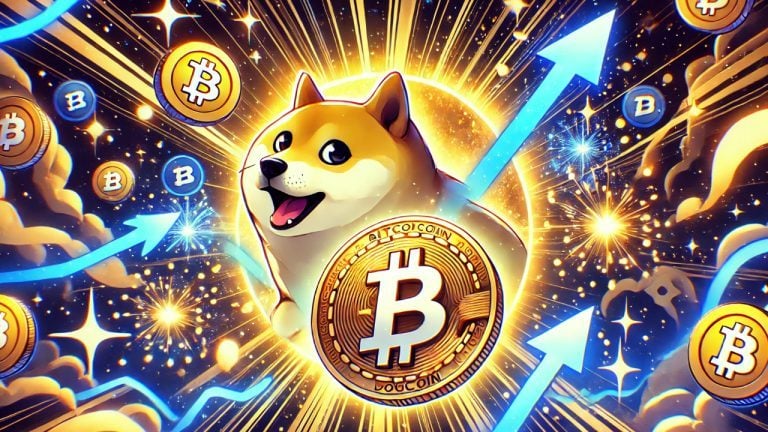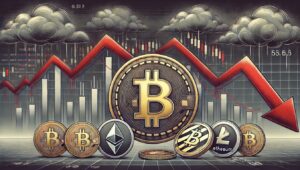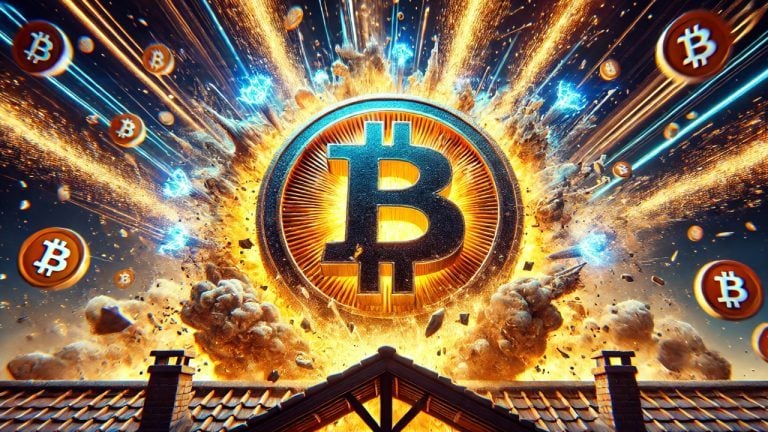Speaking at a conference in Bangkok, Snowden addressed key issues facing the blockchain and cryptocurrency sectors, focusing on the dangers of centralization and the erosion of personal privacy.
Snowden has long been vocal about the risks associated with centralized control over decentralized systems. During his recent talk, he used Solana as a prime example of how VC involvement can undermine blockchain’s core principles. He described Solana as “born in prison,” referring to the network’s early funding model, which he believes led to excessive centralization of power among investors.
Despite praising Solana’s quick growth and promise, Snowden cautioned that the company’s dependence on venture money leaves it open to the whims of a select group of powerful individuals. Many in the blockchain community contend that the growing participation of venture capital firms is incompatible with the principles of decentralization, and his worries about Solana are a reflection of these concerns. If a few major players acquire an excessive amount of power, Snowden said, the influence of investors may quickly compromise the integrity of blockchain networks.
Edward Snowden speaks on the importance of crypto decentralization The Growing Threat of AI SurveillanceA significant part of Snowden’s address focused on the rising threat posed by AI-powered surveillance. He painted a chilling picture of a future where governments and corporations can monitor and analyze vast amounts of personal data in real-time. Authorities might track people by combining AI with surveillance systems, identifying “anomalies” and possibly focusing on specific people based on patterns of behavior. Snowden said that this kind of monitoring may quickly get out of hand and result in widespread and intrusive surveillance of ordinary citizens.
Snowden’s comments regarding AI-powered monitoring reflected his worries about the potential power disparities brought on by the unbridled development of AI technology. He underlined that decentralization might act as a defense against this kind of monitoring, offering a means of empowering people and defending their independence from governmental or corporate influence.
As a counter to this centralization of both blockchain networks and the wider tech industry, Snowden rallied for open-sourced tools. According to him, the open source is “incredibly empowering” software that allows the individual to understand and master the actual technology they use. “The bottom line is, you guys can do this yourself,” Snowden urged his audience. He stressed that open-source technologies are not only more transparent but also more accessible, enabling anyone to take part in building decentralized systems. This, he argued, is essential for creating a more secure and fair digital future.
Solana’s Decentralization Debate Heats UpWhile Snowden’s criticisms of Solana have garnered significant attention, they have also sparked a defensive response from some members of the Solana community. After Snowden’s remarks, which were shared widely on social media, several Solana supporters pushed back, arguing that the network is not as centralized as he claims. Mert Mumtaz, the co-founder of Helius Labs, challenged Snowden’s assertions, urging critics to provide evidence of a single point of failure in Solana’s ecosystem.
Mumtaz also emphasized that while Solana may not yet be as decentralized as older networks like Bitcoin or Ethereum, it is still more decentralized than many Ethereum Layer-2 solutions. He rejected the notion that a single player could take down Solana with ease, pointing it that this is extremely implausible given the network’s enormous market capitalization.
The problem with Solana’s decentralization still exists in spite of these rebuttals, especially in view of earlier disputes over Solana’s connections to the now-defunct FTX exchange. Solana’s close relationship with FTX founder Sam Bankman-Fried, who had supported the network, has drawn criticism. Some say that this relationship tarnishes Solana’s reputation as a truly autonomous initiative.
Edward Snowden first made comments about the centralization of Solana during his virtual appearance at Token 2049-a major crypto conference in Singapore this October 2024. During that Q&A, Snowden lashed at the network for sacrificing decentralization at the altar of speed and efficiency, which could easily make it disruptable once it gets wider adoption.
Solana (SOL) price chart. Source: Brave New Coin
As of November 11, 2024, the Solana price is $216.58, with a market capitalization of $97,652,740,184. The weekly technical chart shows the SOL price creating a bullish reversal pattern known as a rounding bottom. This chart arrangement is usually viewed as the bottoming of a downtrend, with investors demonstrating increased buying enthusiasm. Under the impact of this pattern, buyers could target the all-time high resistance of $260, providing more evidence of the bull market.








